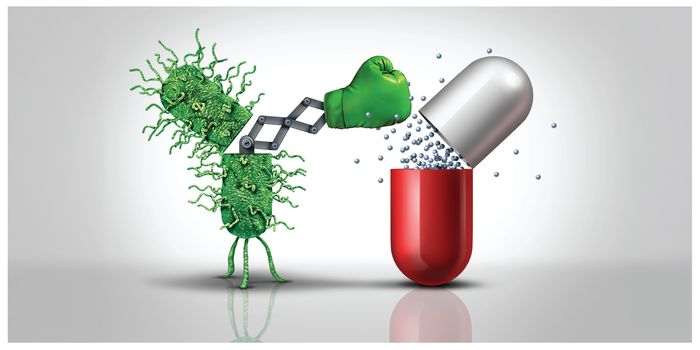Using Biology as Technology: A Paradigm Shift
Digital networks have changed the world by integrating into almost every aspect of our lives, but they have yet to directly integrate with the biology around us. Cardea’s proprietary Biology-gated transistors combine the capabilities of semiconductors with biocompatible graphene to mend this missing link: enabling humankind to connect biology with digital networks for the first time. This revolution is powering a paradigm shift in how we can apply the capabilities of biology to improve our lives, from the foods we eat to the medicines we consume.
How Does the Cardean Infrastructure Work?
At the heart of the Cardean Infrastructure is the Cardean Transistor - a transistor that leverages the power of graphene, a highly electrically sensitive and biocompatible nanomaterial - to directly detect biological interactions by reading the subtle changes in the charge environment around the graphene that happen when a target biomolecule binds to a capture molecule immobilized to the surface of the graphene. These capture molecules are programmed to be highly specific and sensitive to the biology under study - for example a protein, small molecule, virion, or DNA. Cardean Transistors can be combined to create chipsets that can be integrated to work for thousands of different applications and biology types. To learn more about how our technology works, check out our Labroots presentation or read our canonical paper in Nature Scientific Reports.
What Are the Advantages of the Cardean Infrastructure?
Cardea is the only company in the world to have mastered the extreme complexity of mass-producing biological transistors using graphene. Traditional optics-based technologies pose many limitations to rapid and accurate measurement of biological interactions; they often require mass amplification, secondary tags, cumbersome equipment, and complex protocols. Additionally, these technologies merely provide a snapshot of biological interactions, as opposed to a holistic picture over time. Cardea’s biology-gated transistors overcome many of these limitations; the technology allows for the sensitive, specific, and direct detection of biological binding interactions without the need for amplification or labeling. Additionally, the electronic nature of the Cardean Infrastructure allows for the rapid gathering of quantitative data in real-time without the signaling interference of labels that cripple legacy technologies. The unrivaled multiplexing capacity and total system solution (hardware, wetware, and software) of Cardea Infrastructure allows for the detection of multiple target analytes simultaneously powering exclusive insight into the biology being studied at both the component and systems level.
How Can the Cardean Infrastructure Be Used?
Careda has developed the Cardean Infrastructure to be compatible with standard biochemistries to rapidly detect proteins, antigens, antibodies, small molecules, and more. By combining the Cardean Infrastructure with CRISPR, Cardea’s CRISPR-Chip and SNP- Chip are also able to uniquely detect whole genes and SNPs in minutes without amplification - a novel capability no other technology can claim. These revolutionary capabilities are already being integrated into novel products through the Innovation Partnership Program.
How Can You Get Involved?
We work with our Innovation Partners who study and understand problems, diseases and opportunities on a molecular and systems biology level, designing, building and producing chipsets that can be configured and integrated into thousands of “Powered by Cardea” products and applications to improve lives across human health, agriculture, food and water safety, diagnostics, biosafety and the environment. Whether people are in the field, at the bedside or at the bench, Innovation Partners and end users can use our cloud-based system to access and act on streams of signals anywhere in real time.
Reach out to us at partners@cardeabio.com or on our partnership page to learn more about how you can partner with us to leverage our technology for your unique applications.











